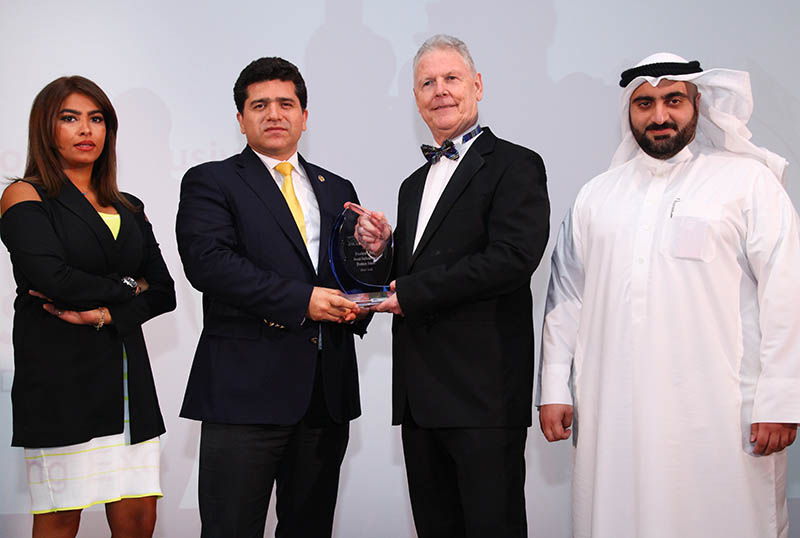
Customer care is constantly reinventing itself as a result of advances in technology. Interactive Voice Response (IVR) technology and directed dialogue applications are becoming increasingly popular, but, in some cases, are doing far more harm than good to corporate brand reputation. Advanced technology in the customer contact centre environment can be a double-edged sword, with the increasing ability to automate proving problematic for some customers, especially in the Middle East market.
Customer care, irrespective of the technology used to implement it, should aim to serve the end-user, and address their needs as expeditiously as possible. Automated technology can, if used correctly, greatly assist in facilitating this process, but can also lead to irreparable damage to brands if improperly managed. Technology needs to be implemented with the customer in mind, and cater to the sensibilities and preferences of the market in question.
The Middle East market is particularly well known for its aversion to automation in the area of customer service. The concept of voicemail has never taken off in any Middle Eastern countries, with users preferring more personalised forms of interaction. Companies who implement especially complicated IVR menus are likely to alienate an audience that prefers human contact and interpersonal issue resolution.
Contact centre operations need to be aligned to the overall vision of the company, carefully taking into account the nature of the service offering and the needs of the target market. Ultimately, the contact centre is the voice of the brand, and should be operated in a manner that dovetails seamlessly with the overall brand personality. For instance, an online gaming website should be handling customer queries in a very different manner to that of a bank, as customers are inherently web-based, and thus likely to look for answers in a similar environment.
In most instances, contact centre systems are implemented based solely on bottom line. Automated solutions reduce the cost of an individual query drastically. As a result, many companies opt to implement generic solutions, pre-packaged without any specific end-user in mind and without considering the actual long-term business consequences.
This short-sighted approach to customer care can lead to disastrous results, with many customers likely to take their business elsewhere as a result of a single negative experience. Rather than simply taking the cheapest possible route, Middle East companies need to adopt a more considered approach to customer care, and dedicate appropriate time and resources to sourcing the most relevant and effective methods of communicating with their customer base.
Tools like social media and online chat systems are greatly underutilised, and can go a long way towards alleviating contact centre volumes, particularly in certain market segments. A more holistic approach needs to be adopted by brands looking to cut costs, as a vast array of very cost-effective technologies can be harnessed to great effect to improve contact centre efficacy. Customer care is expanding beyond the realm of the telephony environment, and it is important that companies familiarise themselves with the options available to them, in order to be able to make the most effective decisions for their business.
Many are quick to blame technology for what has been perceived as a general decline in the quality of customer care, but it is the thoughtless implementation thereof that has led to problems. Businesses need to start introducing truly bespoke solutions that utilise the full potential of the technology available to them, and address the specific needs of the customer base in the most efficient manner possible. Advanced technology solutions can prove invaluable, both in terms of reducing costs and improving reputation, provided they are relevant and appropriately governed by the needs of the customer.

